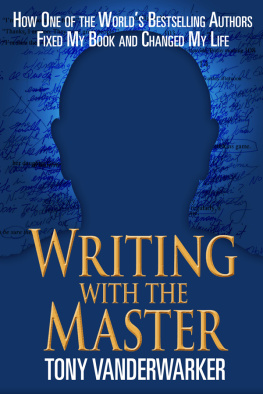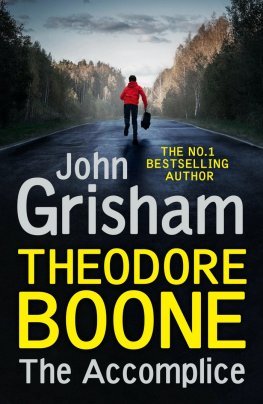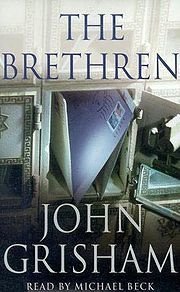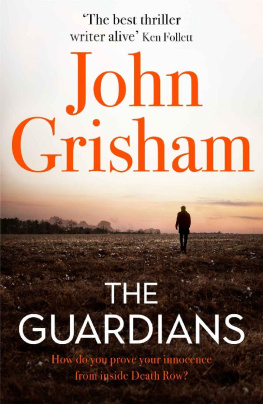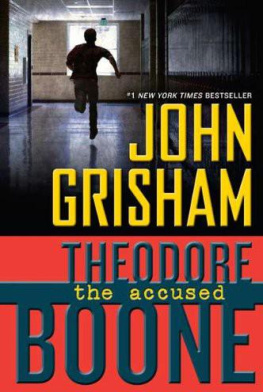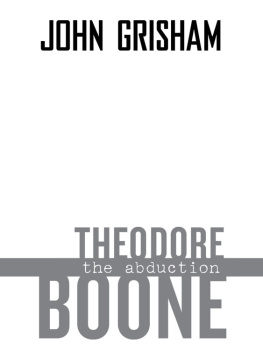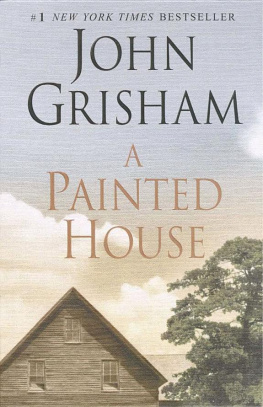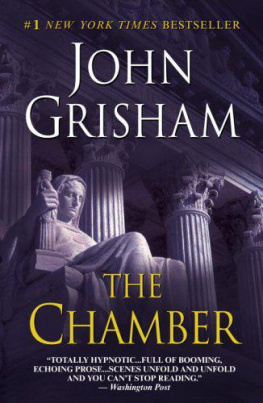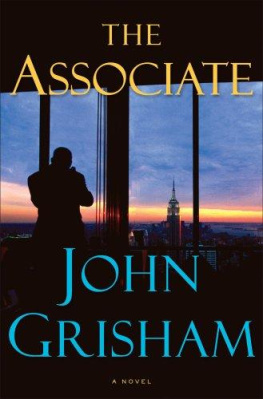Also by Tony Vanderwarker:
Sleeping Dogs
And the forthcoming:
Ads for God
Say Something Funny

Copyright 2014 Tony Vanderwarker
All Rights Reserved. No part of this book may be reproduced in any manner without the express written consent of the publisher, except in the case of brief excerpts in critical reviews or articles. All inquiries should be addressed to Skyhorse Publishing, 307 West 36th Street, 11th Floor, New York, NY 10018.
Skyhorse Publishing books may be purchased in bulk at special discounts for sales promotion, corporate gifts, fund-raising, or educational purposes. Special editions can also be created to specifications. For details, contact the Special Sales Department, Skyhorse Publishing, 307 West 36th Street, 11th Floor, New York, NY 10018 or info@skyhorsepublishing.com.
Skyhorse and Skyhorse Publishing are registered trademarks of Skyhorse Publishing, Inc., a Delaware corporation.
Visit our website at www.skyhorsepublishing.com.
10 9 8 7 6 5 4 3 2 1
eISBN: 978-1-62873-915-2
Library of Congress Cataloging-in-Publication Data is available on file.
ISBN: 978-1-62636-552-0
Printed in the United States
for
A NNIE
CONTENTS
ACKNOWLEDGMENTS
Without John Grishams generosity of spirit, endless patience, and devotion to the craft of writing (not to mention the countless hours he spent scribbling in the margins of my manuscripts, writing critiques, and imparting his wisdom over countless lunches), this book would not have been possible. Had I paid closer attention and been less impatient, Im certain my novel, Sleeping Dogs , would have initially met a better fate in the marketplace. For when I went back to writing after having hung it up for three years, the additional perspective enabled me not only to use Johns guidelines and principles to draft a much better version of Sleeping Dogs , but also to write this book.
Few authors hit it out of the park the first time at bat. Its taken me twenty years just to get on base. But in that time, Ive made lots of good friends, many of whom have helped me in ways they couldnt imagine. Trish taught me about paydirt, and Claire about persistence, and the many readers Ive had over the years have given me both inspiration and guidance. My thanks go to Ralph, Steve, and the members of my mens group, Tom, Dan, Joe, Bob, and Bruce.
My wife Annie, my kids Bryan, Tina, Krissy, Keith, and Vandy, and my brother Pete and his wife Richie have back-stopped me and emotionally picked me up and dusted me off when necessary throughout the past twenty years of rolling the writing rock uphill.
I must also mention Sharon Bially, my publicist, who expertly softened the ground for my launch, and David Moody, my Internet guru, who taught me the skills of social networking.
And the folks at Seedhouse, including Bryan, Andrew, Meredith, and Krissy, who came up with the knockout cover designs for all my books.
Holly Rubino, my editor at Skyhorse, made invaluable last-minute contributions to the manuscript as well as helping make the decision to also publish Sleeping Dogs .
And last but not least, my agent, Esmond Harmsworth, the man with the marvelous moniker whos been my trusty guide through the roller coaster ride of present-day publishing. He bought into it when no one else got it, put up with my pestering, and saw both books through to acquisition.
Malcolm Gladwell, in an article on late bloomers in The New Yorker a few years ago, wrote, But sometimes genius is anything but rarefied; sometimes its just the thing that emerges after twenty years of working at your kitchen table.
Thats been my story, and I feel damned lucky to have lived it.
INTRODUCTION
Critics love to bash bestselling authors, turning their works into cultural kickballs, labeling their novels beach reads and potboilers, almost as if something that sells a million copies by definition cant have any literary value. Authors like John Grisham and James Patterson, Dan Brown and Stephen King are looked down upon (someone once dubbed King a horror hack) even as readers flock to bookstores to snap up their newest novels, while the highbrow literary authors, though lionized by critics, often struggle to earn a living from their books.
The cultural elites disdain for wildly popular novels is perverse and nonsensical. A novel is, after all, a story, and an artfully constructed tale that engages millions ought to be appreciated, just as buildings that are imaginatively designed and beautiful to look at are fawned over. But somehow the museums and towers of architects like Frank Gehry and Santiago Calatrava are lauded to the skies, while the endlessly absorbing and ingenious plots and stories in novels like The DaVinci Code or The Firm are virtually ignored and dismissed.
If readers are to get anything out of my experience writing with John Grisham other than a healthy dose of my artistic angst and the story of my personal retooling, I hope it will be an appreciation for the craft and expertise required to construct and realize powerful plots. Its not a discipline thats emphasized at the Iowa Writers Workshop or in college creative-writing courses. Even after as much time as I have spent listening to Johns war stories about novel writing, I had little understanding of the diligence, dedication, imagination, and effort he puts into authoring them. Part of it is Johns inclination to act as if writing novels is as easy as falling off a log. The ideas just come to him, and he knocks them out one by one. I guess hes going with the flow, in a sense. If people readily dismiss his works as popular fiction, why should he act as if its a real craft?
But it is a craft and a demanding and complicated one at that. I learned that lesson the hard way. Johns wife, Rene, once challenged me after Id finished unfairly demeaning and trivializing a huge bestseller. She said, If you think its so easy, you try writing one.
CHAPTER 1
This Will Be Fun
Ill never forget the day John Grisham made an offer that launched me on a wild ride full of twists and turns and ups and downs, a two-year odyssey that led me in new and unexpected directions.
Wed chitchatted about writing off and on since wed become friends, usually about his writing, seldom about mine, since he turns out one or sometimes two bestsellers a year, and Im still struggling to get my first published.
Hows your novel writing going? John asks me one day. Its noon, late October 2004. Were sitting in one of our favorite lunch places in downtown Charlottesville eating smartsole or somethingiced tea and water, no booze.
Okay. Fiddling around with ideas for a new one, I say, putting on a brave face when Im actually licking wounds from the last barrage of rejection slips and pondering whether I should take up competitive croquet or plant a vineyard rather than embark on another novel.
Then he says something that knocks me off my feet. Look, Id be willing to help you if youd like. Kind of mentor you through the novel-writing process. Something Ive never done beforenot that plenty of people havent asked.
That would be... great, I stammer. Holy shit! John Grisham wants to help me write a novel! The thought of working with him had lurked in the back of my mind since wed become friends, but I never felt it was my prerogative to ask.
The people in New York Ive talked to say youre ninety percent there. But I have to warn you, John says, and it feels like the other shoe is going to drop. The last ten percent is the hardest.

